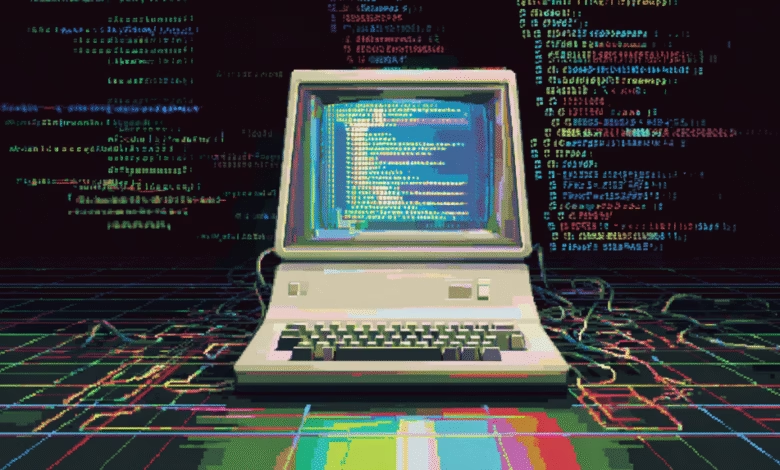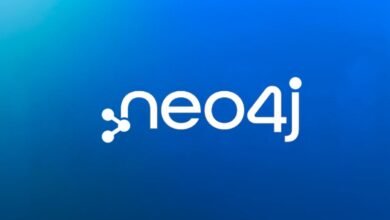Dust Hits $6M ARR for AI Agents That Get Work Done, Not Just Chat

▼ Summary
– Dust, an AI platform for enterprise workflows, grew from $1M to $6M in annual revenue in one year, reflecting a shift toward sophisticated AI systems over basic chatbots.
– The company joined Anthropic’s “Powered by Claude” ecosystem, leveraging frontier language models instead of building its own AI from scratch.
– Dust’s AI agents automate tasks like updating CRM records and generating GitHub tickets, going beyond conversational interfaces to take concrete actions.
– The platform uses Anthropic’s Model Context Protocol (MCP) to securely connect AI with external data sources while maintaining enterprise-grade security.
– Dust’s success signals a broader trend of AI-native startups building specialized tools on foundation models, reshaping enterprise software workflows.
Businesses are rapidly shifting from basic AI chatbots to powerful workflow automation tools, and Dust’s $6M annual revenue milestone proves the demand is real. The two-year-old startup has seen explosive growth by developing AI agents that don’t just chat, they execute complex tasks across enterprise systems, from updating CRM records to pushing code reviews.
Unlike conventional chatbots, Dust’s platform integrates deeply with business applications, enabling autonomous workflow completion while maintaining strict security protocols. CEO Gabriel Hubert emphasizes that enterprises no longer want AI that merely generates drafts or summaries, they need systems that handle entire processes without human intervention. For example, one sales organization uses Dust’s agents to analyze call transcripts, refine sales strategies in real time, and even generate GitHub tickets for feature requests, all automatically.
A key enabler of this functionality is Anthropic’s Model Context Protocol (MCP), which acts as a secure bridge between AI models and enterprise apps. Dust leverages Claude’s advanced coding capabilities, positioning itself as part of a new wave of AI-native startups that build specialized tools on top of existing foundation models rather than developing their own from scratch.
Security remains a top priority as AI agents gain the ability to take real actions. Dust addresses this with a native permissioning layer, ensuring sensitive data isn’t exposed when agents operate across multiple systems. Combined with Anthropic’s Zero Data Retention policy, this approach helps enterprises adopt AI at scale without compromising security.
The company’s rapid growth signals a broader trend: businesses are moving beyond AI experimentation and investing in practical automation solutions. Dust’s clients, ranging from startups to large enterprises, share a belief that AI will fundamentally reshape operations. By eliminating routine tasks, these agents allow employees to focus on higher-value work while reducing the friction of switching between disconnected apps.
As AI models grow more capable, the line between assistive tools and autonomous agents is blurring. Dust’s success suggests that enterprises are willing to pay a premium for AI that doesn’t just provide answers, it gets work done. This shift could redefine how companies approach software procurement, workflow design, and even team structures in the years ahead.
The most telling detail? Hubert refers to Dust’s AI agents not as tools, but as digital employees, a subtle but significant indication of how deeply automation is embedding itself into business operations. In a world of tangled enterprise systems, the future may not lie in connecting everything manually, but in teaching AI to navigate the chaos on its own.
(Source: Venturebeat)





